Developing enquiries
Developing child led enquires encourages children to be active learners by raising their own questions which supports a whole classroom. Good enquiry questions support higher order skills such as: analysing, evaluating, researching, interpreting, critical thinking and reaching a final judgement or conclusion.
-

From Home to the Front: World War I
ArticleClick to view -

Early Islamic civilisation
ArticleClick to view -

Viking and Anglo-Saxon struggle for the kingdom of England
ArticleClick to view -

Assessment and Progression without levels
ArticleClick to view -
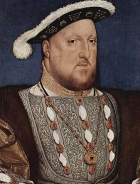
What do we mean by Big Picture History?
ArticleClick to view -
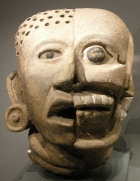
The Maya: a 4,000-year-old civilisation in the Americas
ArticleClick to view -
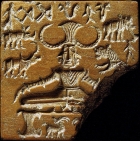
Investigating the Indus Valley (2600-1900 B.C.)
ArticleClick to view -
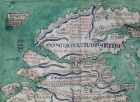
Britain's settlement by Anglo-Saxons and Scots
ArticleClick to view -

Using the back cover image: Sandbach Crosses - an Anglo-Saxon market cross
ArticleClick to view -

Place-names and the National Curriculum for History
ArticleClick to view -
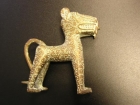
Eweka's story: Benin and Big Picture History
ArticleClick to view -
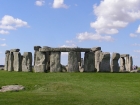
Stone Age to Iron Age - overview and depth
ArticleClick to view -

Curriculum planning: How to write a new scheme of work for history
ArticleClick to view -

Churches as a local historical source
ArticleClick to view -
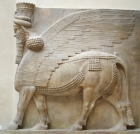
Mesopotamia: Making a picture of Mesopotamia in our heads
ArticleClick to view -

Political literacy: citizenship through the English national curriculum's the Romans in Britain study unit
ArticleClick to view -

A creative Egyptian project
ArticleClick to view -
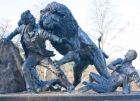
Thematic or topic based whole school curriculum planning
ArticleClick to view -

Creating the 'creative history' website
ArticleClick to view -
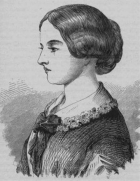
OFSTED, primary history and creativity
ArticleClick to view

